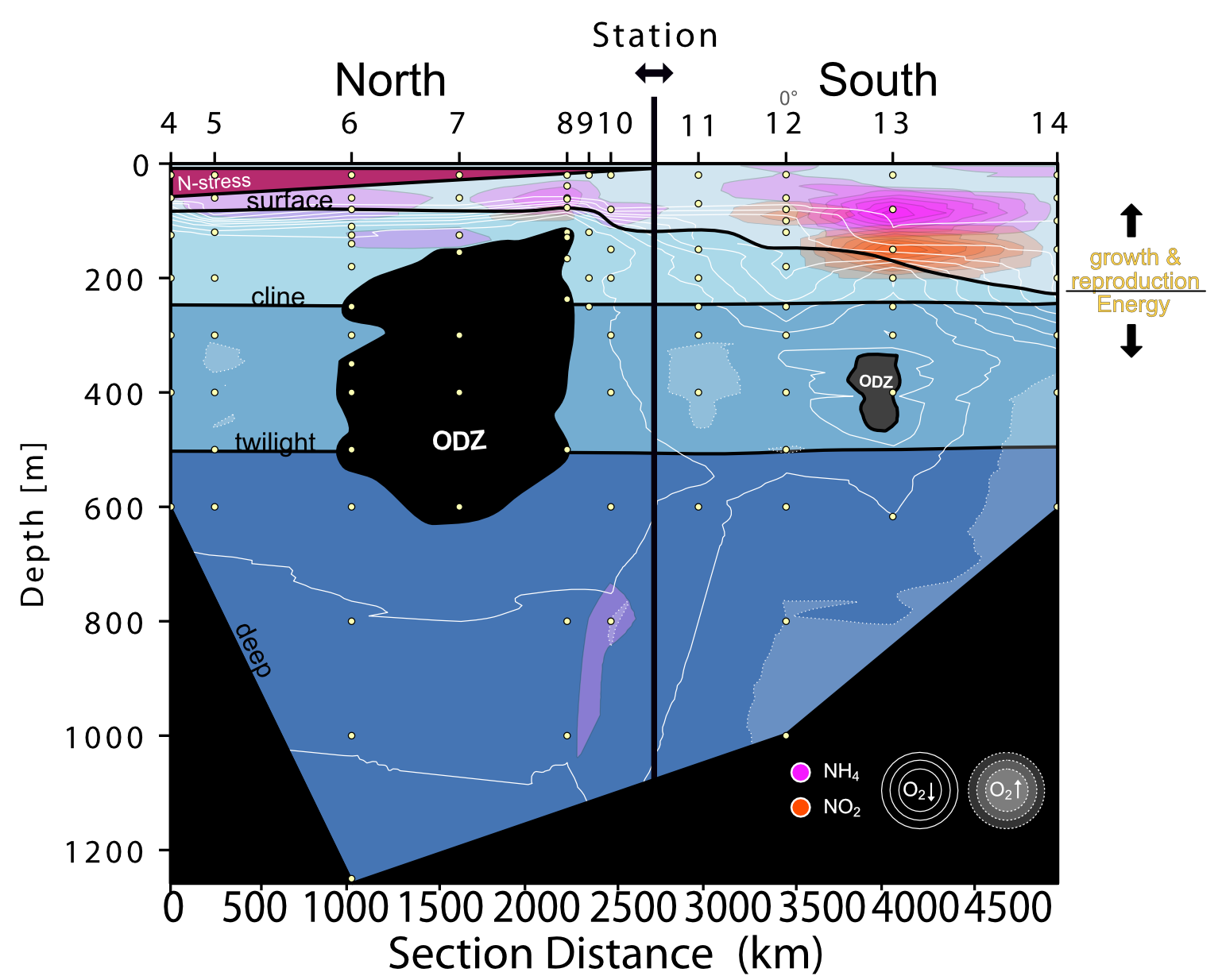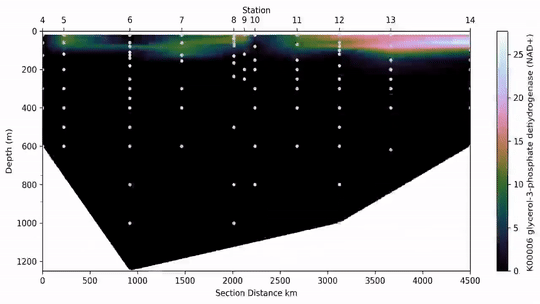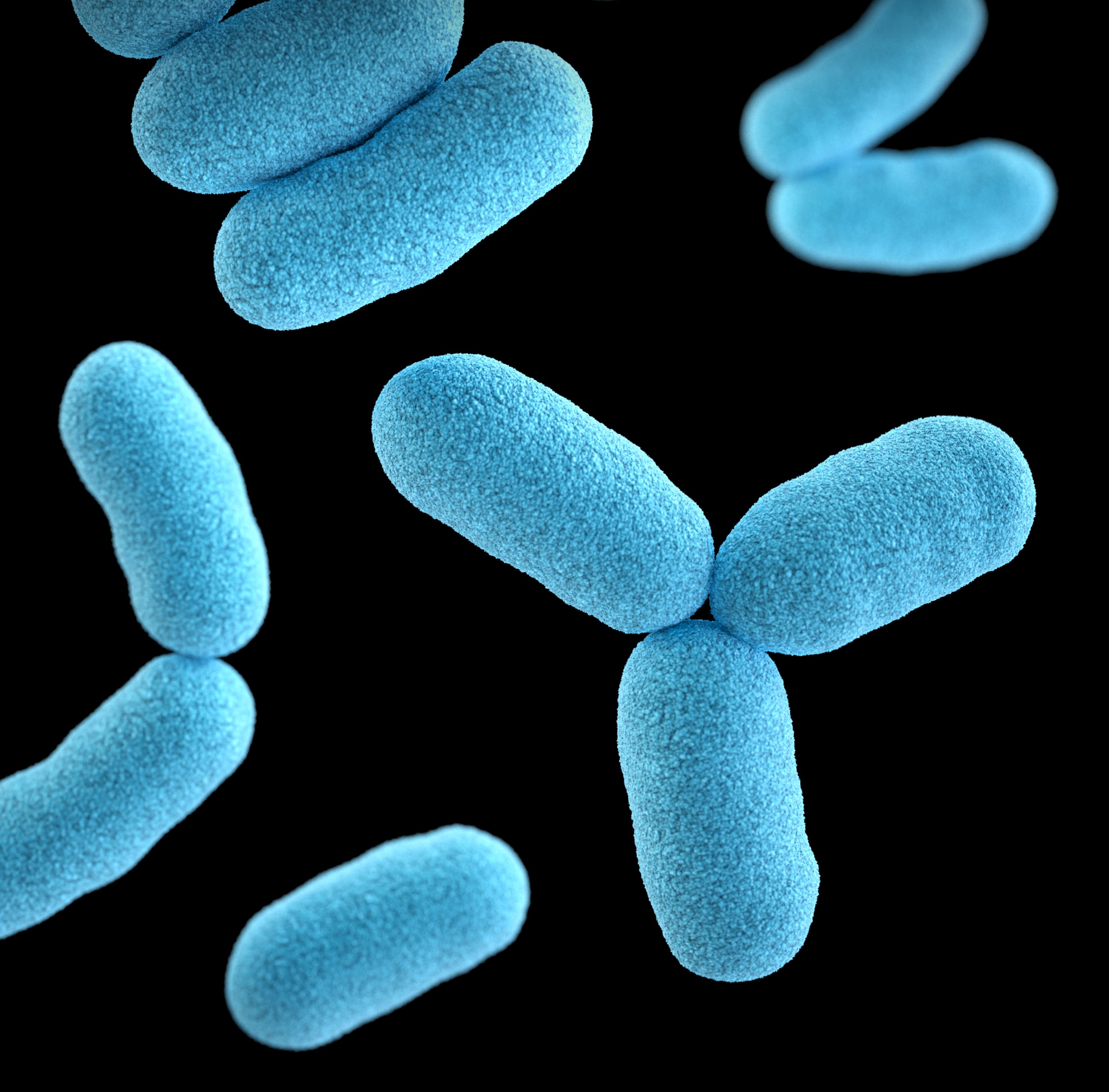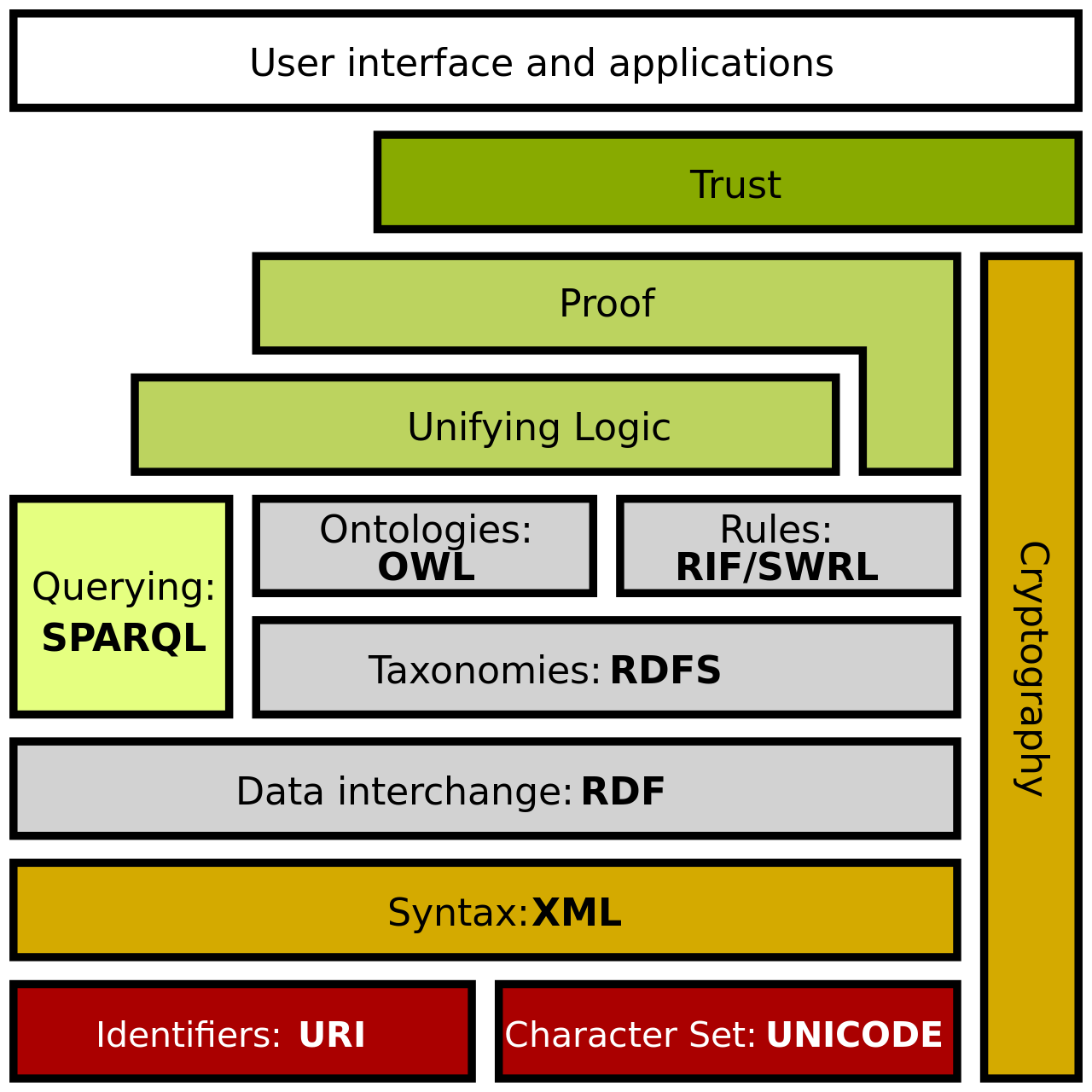

ProteOMZ
Microbial enzymes are the biochemical machines responsible for driving major biogeochemical cycles. These enzymes support microbial life and have profound impacts on ecosystems and global climate. The ProteOMZ research expedition crossed ~5,000 km (about the distance from LA to NYC) and surveyed the proteins produced by marine microbial communities from the surface ocean to 1,250 m deep. We identified major trends relating to biogeochemical provinces, microbial consortial interactions, and taxonomic structure using metaproteomics and machine learning methods. Interactive exploration of the relative abundance of enzymes in ProteOMZ according to depth group.




